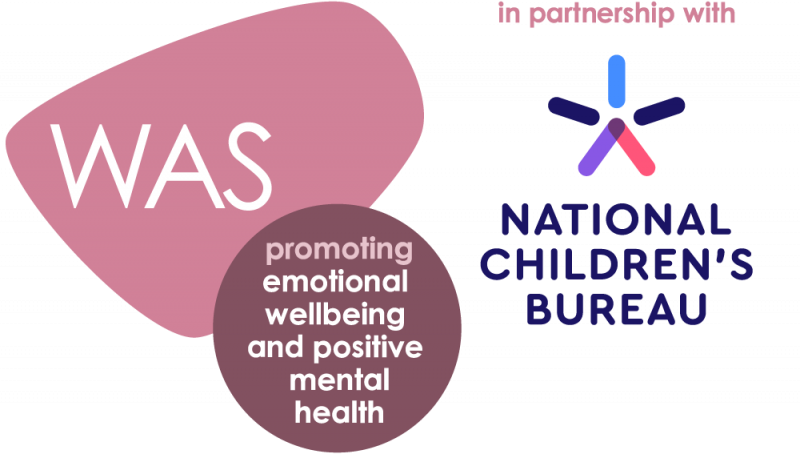Preparing for exams can be overwhelming for neurodiverse learners, impacting their mental health. Ann-Marie McNicholas explores strategies to develop their self-belief, improve learning and relieve exam nerves.

There’s no doubt about it: exams can be stressful for many learners. The NSPCC reports that in 2019 the children’s charity, Childline, delivered 2,795 counselling sessions to young people calling in to report exam stress and anxiety. Furthermore, a 2019 Mumsnet survey of over 1500 parents revealed that two thirds of parents of teenage children said that the pressure of exams was affecting their child’s mental health and wellbeing.
For neurodiverse learners experiencing difficulties such as dyslexia, dyspraxia and ADHD, the anxiety at having to prepare for and sit an exam can become quite overwhelming. Knowledge is typically assessed in exams through timed writing, and achievement of high grades requires good recall and a deep understanding of the material.
If the curriculum is not taught in way that neurodiverse learners learn, deep understanding does not take place and retention of information becomes an issue. Learners begin to feel a sense of detachment from learning as it ‘just won’t go in’ or it ‘won’t stick’. Revision becomes a chore.
Trying to re-read (when reading is an effort) or going over notes that are sometimes nonsensical (when the pace of the lesson is too quick to keep up), just seems a waste of time and energy. They believe they ‘can’t’ learn. Learners may either not bother to revise or may choose to just ‘cram’ the night before to try to retain some information.
Furthermore, the mode of assessing by timed writing can place many of these learners at a disadvantage if written expression and speed of working are not their strengths. Exam stress and anxiety thus ensues, creating an additional barrier to learning.
Explain to the learner that when you challenge yourself and learn something new, even though it is difficult, you are becoming smarter.
While some anxiety is normal and improves performance, we need to ensure that it doesn’t spill over into excessive anxiety that impairs performance. We need to also focus on preparing these learners well for the exam. This means ensuring that information is learned, understood and retained.
For neurodiverse learners, this may mean adopting different learning techniques that are more suited to the way that they learn. In addition, we need to focus upon developing their self-beliefs. Demonstrating to someone that they ‘can’ learn may be the first step in breaking the vicious anxiety cycle.
Developing a positive attitude or mindset towards learning can be the first step towards reducing anxiety and beginning to experience learning success.
Research has shown that success is linked more to a positive attitude to learning than so-called ‘intelligence’. Young people who believe they can learn and can develop their intelligence are more likely to succeed than those who believe their intelligence is fixed and therefore see no point in trying (Dweck, 2012).
Often, neurodiverse young people can put a lot of work and effort into learning and revision, but still not get the results they feel they deserve. They may have developed some study habits that are not very effective, such as re-reading repeatedly to try to get the content to sink in or copying out notes several times to try to remember information. These types of study habits are known as passive strategies.
More effective ways of learning involve active and multisensory strategies, using a combination of our eyes, ears, touch, smell, movement and so on. Not only can these kinds of strategies lead to more effective learning and retention, they can also lead to faster learning. Here are some examples of active and multisensory learning strategies.
Memory strategies e.g. mnemonics. A mnemonic can be a rhyme, poem, song, images or acronym to help to remember a piece of information. A mnemonic device is useful when learning lists, or spellings or learning to put things in order.
For example, the spelling of the word ‘rhythm’ could be learned using the phrase Rhythm Has Your Two Hips Moving, where the first letter of each word in the sentence spells out the word ‘rhythm’. The sentence can be turned into a song; the initial letters of the word can be in different colours and the letters can be cut out, shuffled and re-ordered whilst repeating the mnemonic.
Games are active and fun. A matching game, for example, is useful for learning vocabulary, definitions, key words, question and answers, etc.
Cut out squares of card and on one set of squares write the key word or question prompt, on the other set of squares write the answer. Play a game of matching the pairs together. When confident, the game can progress to speaking out or writing out the answer to the key word prompt or using the answer to recall the key word.
You can create games to play on the computer too. Quizlet is a great website for devising matching cards and practising recall using games.
Graphic organisers, such as mind maps, concept maps and brain frames. These strategies are useful for organising and making sense of large amounts of information in a visual format, using colour, images, boxes, bullet points, etc. They can help to get ideas down on paper, to see the ‘big picture’, to make connections and to create an image or map that is easier to recall than words on a page.
These learning strategies use our different senses. The more multisensory and active the learning, the more effective is the understanding and retention of information.
While effective revision and planning for exams can go a long way in helping to reduce anxiety, there will inevitably be some exam nerves. Share these tips with learners to keep anxiety manageable on exam day.

The Wellbeing Award for Schools has proven to have an immense impact on wellbeing in schools for all stakeholders.